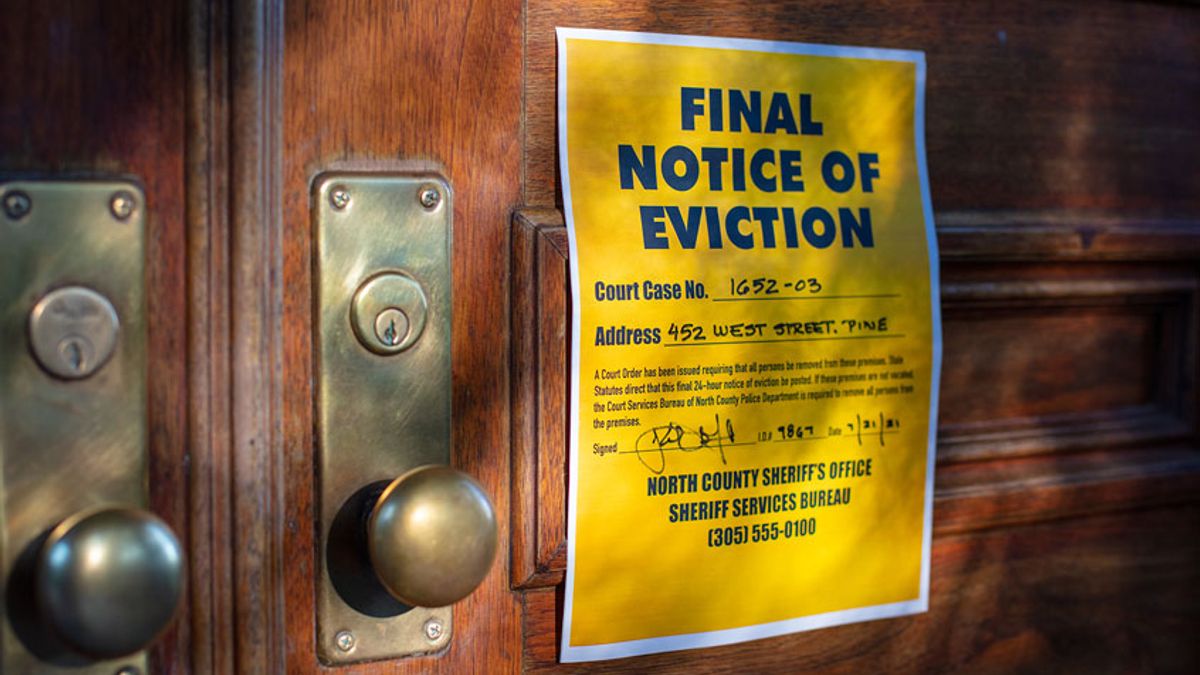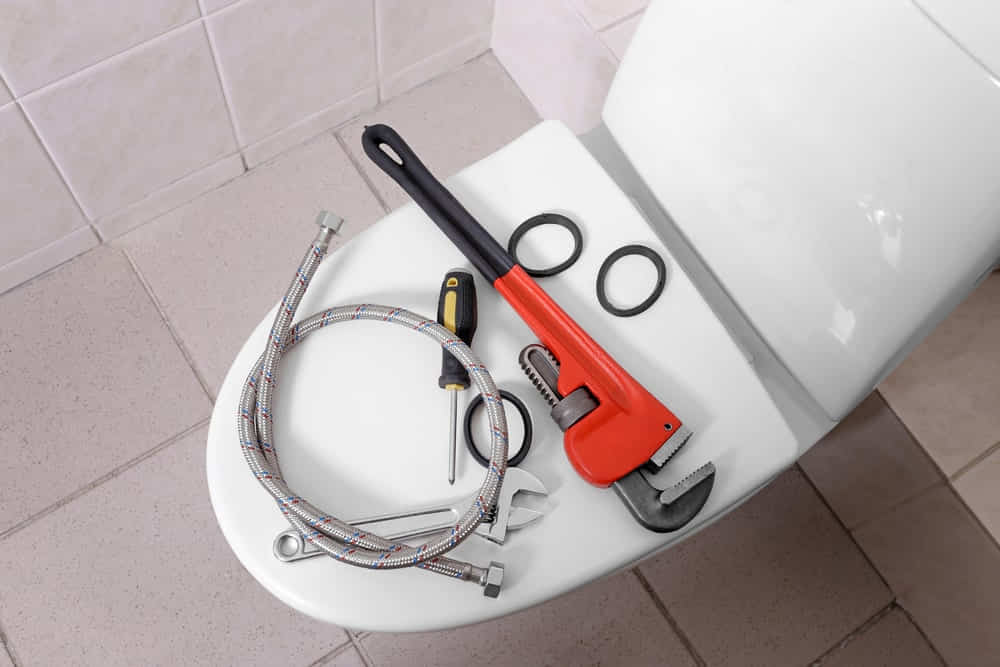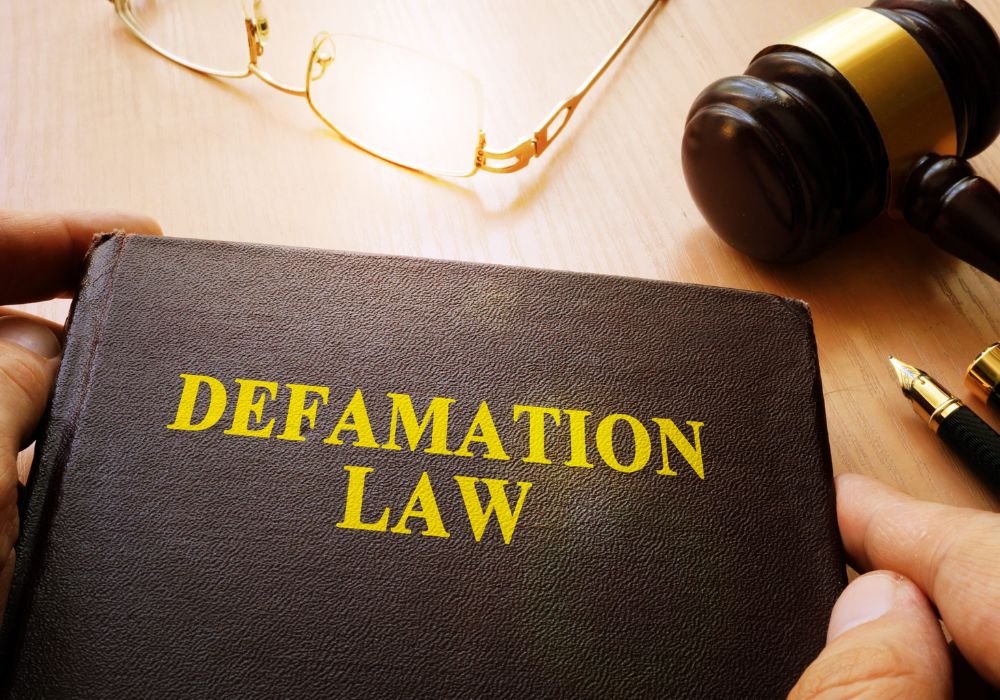Renting a property comes with a set of expectations and agreements between the tenant and the landlord. Among the most common concerns for renters is the issue of privacy and the circumstances under which a landlord can enter the rental unit. Tenants, understandably, want to feel secure and private in their homes, while landlords need to ensure their property is well-maintained and safe. So, when can landlords legally enter a rental unit? This question touches on legal regulations, tenant rights, and the responsibilities that come with being a landlord.
In this article, we'll explore the different situations when landlords are allowed to enter a rental unit, what notice is typically required, and what laws are in place to protect both parties.
Tenant Rights to Privacy
Tenants have the right to quiet enjoyment of their rental property. This legal term refers to the right to occupy and use the space without interference, including unjustified or excessive entry by the landlord. The property is, after all, the tenant's home, and they are entitled to live there without the constant intrusion of the landlord.
%20%7D%7D)
However, landlords also have a legitimate interest in protecting their property, ensuring it's maintained, and conducting necessary repairs. As such, the law allows landlords to enter the property under specific circumstances, but only when certain conditions are met. These conditions typically involve proper notice and a legitimate reason for entry.
Legal Framework: Landlord Entry Laws
Landlord-tenant laws vary by state and country, but most jurisdictions have similar principles. In the U.S., for example, landlord entry is governed by state law and lease agreements. However, there are a few general rules that apply in most regions:
-
Reasonable Notice: In most states, landlords are required to provide reasonable notice before entering the property. "Reasonable notice" generally means 24 to 48 hours in advance, although this may vary depending on local regulations.
-
Valid Reasons for Entry: Landlords cannot enter the rental unit whenever they want; they must have a valid reason. Some of the most common reasons include performing maintenance, making repairs, showing the unit to prospective tenants or buyers, and responding to emergencies.
-
Tenant's Consent: If the tenant agrees to the landlord's entry, the requirement for notice can sometimes be waived. This means that a landlord can enter the unit without providing the usual advance notice, provided the tenant has given explicit permission.
Common Scenarios When a Landlord Can Enter
There are a variety of situations when landlords may need to enter the rental unit. Understanding these scenarios can help clarify the circumstances under which a landlord’s entry is lawful and when it may violate the tenant’s rights.
1. Routine Maintenance and Repairs
One of the most common reasons for a landlord to enter a rental unit is to perform necessary repairs or maintenance. If there is a leaky faucet, a broken window, or any other issue that requires fixing, the landlord is allowed to enter to address the problem. This not only ensures the property is in good condition, but also that the tenant is living in a safe environment.

However, landlords must provide adequate notice before entering the unit for non-emergency repairs. Typically, they need to notify the tenant at least 24 to 48 hours in advance. The tenant does not have to be present during the repair, but they must be given the opportunity to make arrangements.
2. Emergency Situations
Emergency situations are perhaps the most clear-cut cases when a landlord can enter without notice. Emergencies can include fires, gas leaks, burst pipes, or any situation that threatens the health and safety of the tenant or the building. In these instances, the landlord has the right to enter immediately without waiting for the tenant’s permission or providing notice.
Once the emergency has been addressed, the landlord should inform the tenant about the entry and any actions taken. While emergencies justify unannounced entry, landlords must still respect tenant privacy once the situation is under control.
Read more: Can a Tenant Change the Locks Without the Landlord's Permission?
3. Showing the Property to Prospective Tenants or Buyers
If a landlord intends to sell or rent out the property once the current tenant's lease ends, they may need to show the unit to prospective tenants or buyers. This is a valid reason for entry, but landlords are still required to provide reasonable notice.
The timing and frequency of these visits must also be reasonable. For instance, multiple showings in a short period may be considered excessive, and tenants have the right to negotiate times that are convenient for them. Landlords should aim to minimize disruption to the tenant's daily life while showing the unit.
4. Inspections
Landlords may enter the unit to conduct periodic inspections to ensure the property is being well-maintained. This can include checking for damage, verifying compliance with the lease agreement (such as a no-pet policy), or ensuring the unit is being kept in good condition.
While inspections are a legitimate reason for entry, they must be scheduled with proper notice, and the purpose of the inspection should be clearly communicated to the tenant. Inspections are typically done once or twice a year, though the frequency may vary depending on the lease agreement or specific circumstances.
5. Pest Control or Health and Safety Issues
Landlords are responsible for ensuring that the rental property meets health and safety standards. This includes pest control, mold inspections, and ensuring that the building complies with local regulations. If there is a health concern, the landlord may need to enter the unit to address the issue.
Like maintenance and repairs, landlords must provide notice before entering for these purposes, unless there is an immediate danger to the tenant or the property.
Read more: Can A Tenant Install A Security Camera Outside?
Tenant’s Rights When a Landlord Enters
Although landlords have the right to enter the rental unit under specific circumstances, tenants still retain significant protections. Here are some key rights tenants have when it comes to landlord entry:
1. Reasonable Notice
Tenants are entitled to receive reasonable notice before the landlord enters the unit. This gives tenants time to prepare, ensure they’re comfortable with the entry, and adjust their schedules if necessary. It also provides a safeguard against landlords entering the property on a whim.
If a landlord repeatedly enters the unit without proper notice or reason, the tenant may have grounds to take legal action, depending on local laws.

2. Right to Refuse Entry in Some Cases
If a landlord attempts to enter without proper notice, or if the tenant believes the reason for entry is not valid, they can refuse entry. However, this right is limited. If the entry is necessary (such as for repairs or safety inspections), refusing entry could violate the lease agreement. Tenants should communicate with the landlord and try to resolve disputes amicably, and should consult local laws to understand their specific rights.
3. Protection Against Harassment
Tenants have the right to live in their home without being harassed by their landlord. If a landlord abuses their right to enter the property by coming frequently or without valid reasons, it may be considered harassment. Repeated, unnecessary entry can make tenants feel uncomfortable and intruded upon, and legal action may be warranted if the problem persists.
What to Do if Landlord Entry Rules Are Violated
If a landlord enters the rental unit without notice or a legitimate reason, tenants should document the incident. This includes noting the time and date of the entry, the reason provided (if any), and any communication with the landlord regarding the issue. Tenants can also report the violation to a local housing authority or seek legal advice.
In extreme cases, if a landlord repeatedly violates entry laws, tenants may be able to terminate the lease or sue for damages. However, most disputes can be resolved through open communication between the tenant and landlord.
Read more: How To Deal With Verbally Abusive Tenants?
Conclusion
The question of when a landlord can enter a rental unit is not only a legal matter but also one that impacts the trust and relationship between the landlord and tenant. Landlords have the right to protect their property and ensure it is well-maintained, but tenants have an equally important right to privacy and quiet enjoyment of their home. Clear communication, proper notice, and a respect for each party's rights can help maintain a healthy landlord-tenant relationship, ensuring that both parties feel secure and respected.





